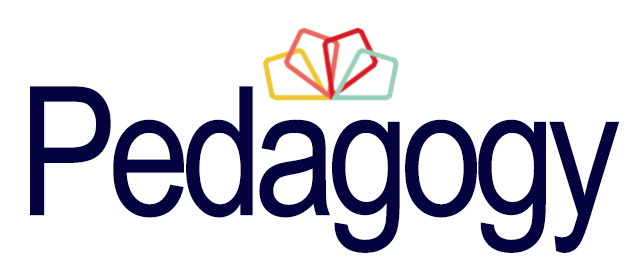
Introduction, Context & Methods
Research is clear that the personal tutoring relationship between learner and tutor can promote a sense of belonging in students (Palmer et al, 2009). However, literature in this area is limited to the impact of academic personal tutoring in the humanities and social science fields. Given that Advanced HE notes that there is a positive link between successfully building a sense of community for students and academic integration and retention of learners (Taylor, 2022) the importance of academic personal tutoring cannot be underestimated (Thomas, 2012). The introduction of an Academic Personal Tutor (“APT”) Team has been a unique pilot in SBS which commenced in 2023. The aim of this team is to offer personalised 1:2:1 academic support to our students with a view to improving the student experience and supporting progression.
This project analyses the impact of APT intervention in the following programmes in the Business School: Accounting and Finance, Business Management, and Law. Specifically, it looks at the impact APT engagement has had on 25 Level Four students across each of these programmes during academic year 24/25. It considers qualitative feedback from student focus groups in each of the chosen programmes and, from a quantitative perspective, draws comparisons between certain progression metrics of the students analysed in the case study, relative to their programme cohort outcomes. It is recognised that the student numbers are small and therefore not determinative of correlation; however, valuable learnings are still clear from the output.
Law
The level four Law cohort comprises of circa 223 students. The below table highlights the average cohort module results for all six modules taken on the law programme at level 4 compared to the average grade achieved on each modules of the 25 students who worked with APT support on the module assessments.

" I always go when I have an essay due — they help me organise my ideas. "
Female , Law, UG, Home
Business Management
The level four BM and associated ‘ with ’ programmes cohort comprises of circa 202 students. The below table highlights the average cohort module results across six modules at level 4 compared to the average grade achieved across the same modules of the 25 students who worked with APT support on the module assessments.

“I feel that APT is more like personalized to you…that’s the environment they create.”
Male , BM, UG, International
Accounting & Finance
The level four A&F programmes cohort comprises of circa 163 students. The below table highlights the average cohort module results across six modules undertaken at level 4 compared to the average grade achieved across the same modules of the 25 students who worked with APT support on the module assessments.

“They made me feel like I could actually get my first good grade - it boosted my confidence."
Female, A&F, UG, Home
Conclusion
Across each of the programmes, the average grade per module of the 25 students who worked with an APT for assessment support, outperformed the cohort average grade awarded on the same module, on every module except module four on the BM programme, where the students supported by an APT achieved the same grade average as the whole cohort.
Furthermore, feedback from the student focus groups broadly highlighted students linking the support they received from the APT team to a personalised student experience, a positive impact on their confidence, motivation and engagement, and the belief that the support has contributed to their academic success.
References
Palmer, M., O’Kane, P. & Owens, M. (2009) ‘Betwixt spaces: Student accounts of turning point experiences in the first-year transition’, Studies in Higher Education , 34(1), pp. 37–54.
Taylor, L. (2022) Balancing students’ identities as learners and consumers: Advance HE toolkit . Advance HE. Available at: https://www.advance-he.ac.uk/knowledge-hub/balancing-students-identities-learners-and-consumers (Accessed: 19 August 2025).
Thomas, L. (2012) Building student engagement and belonging in higher education at a time of change: Final report from the What Works? Student Retention & Success Programmes . Advance HE. Available at: https://s3.eu-west-2.amazonaws.com/assets.creode.advancehe-document-manager/documents/hea/private/resources/what_works_final_report_1568036657.pdf (Accessed: 19 August 2025).
Disclosure statement: All materials included in the poster represent our own work, any ideas that are not our own have been referenced. The work has not previously been published and is not being considered elsewhere. There are no conflicts of interest that have influenced our findings. All required Ethical approval has been granted.
